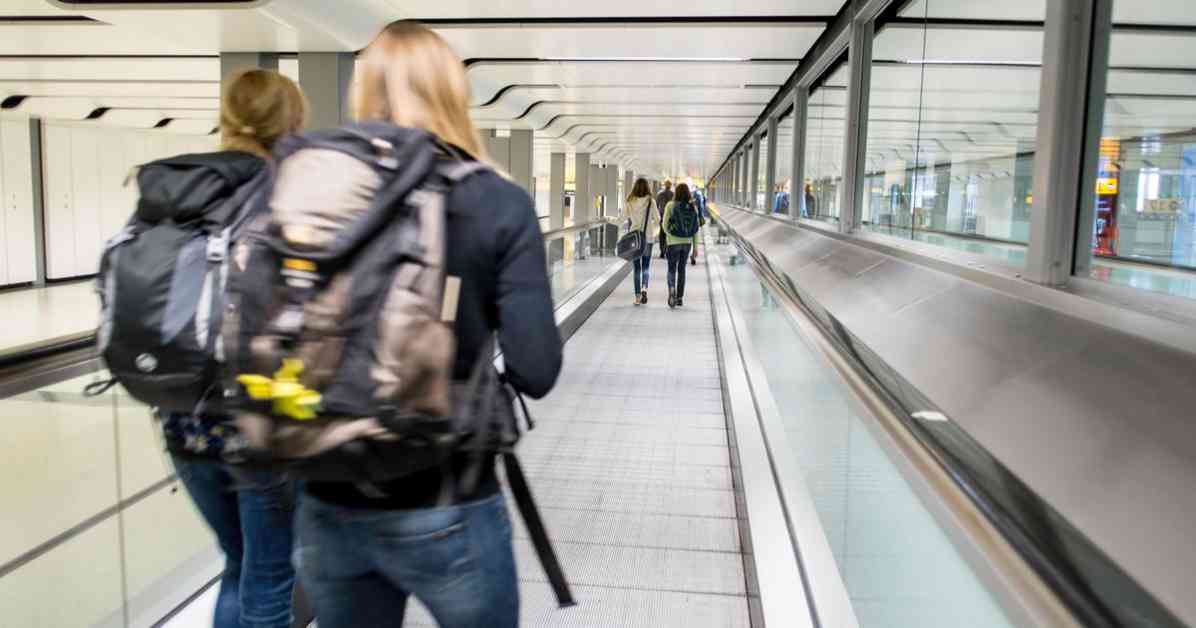Heathrow Airport has seen a significant decrease in passenger numbers, with 90,000 travellers lost on certain routes due to the Government’s £10 per person electronic travel authorisation (ETA) scheme. The airport has criticised the scheme, stating that it is “devastating for our hub competitiveness”. The ETA system was introduced by the Conservative government in November 2023 for individuals entering or transiting through the UK without legal residence or a visa. Currently, nationals from Qatar, Bahrain, Kuwait, Oman, the United Arab Emirates, Saudi Arabia, and Jordan are required to obtain an ETA at a cost of £10. The programme is set to be expanded globally later this year, with EU, EEA, and Swiss nationals also facing the requirement in the near future.
Despite Heathrow’s efforts to attract new routes and record high passenger numbers, the introduction of the ETA scheme has resulted in a loss of 90,000 transfer passengers on routes to and from the seven countries included in the programme. The airport has called on the Government to reconsider the inclusion of airside transit passengers in the scheme, emphasising the importance of maintaining competitiveness in the aviation industry. They believe that any additional support from the Government to boost aviation competitiveness will ultimately drive growth for the UK economy as a whole.
Looking ahead, there are plans to further expand the ETA scheme later this year, which could potentially impact more travellers and routes. It is crucial for Heathrow Airport and other stakeholders in the aviation sector to work closely with the Government to address the challenges posed by the ETA system and find solutions that support the industry’s growth and competitiveness. As the aviation landscape continues to evolve, collaboration and proactive measures will be essential in navigating the changing regulatory environment and ensuring the sustainability of air travel in the UK.
In conclusion, the impact of the Government’s ETA scheme on Heathrow Airport serves as a reminder of the interconnectedness of regulatory decisions and industry operations. While the scheme aims to enhance border security and control immigration, its unintended consequences on aviation competitiveness highlight the need for a balanced approach that considers the interests of all stakeholders. By engaging in constructive dialogue and seeking common ground, the Government and the aviation sector can work together to overcome challenges, drive innovation, and foster a thriving industry that benefits both travellers and the economy.












